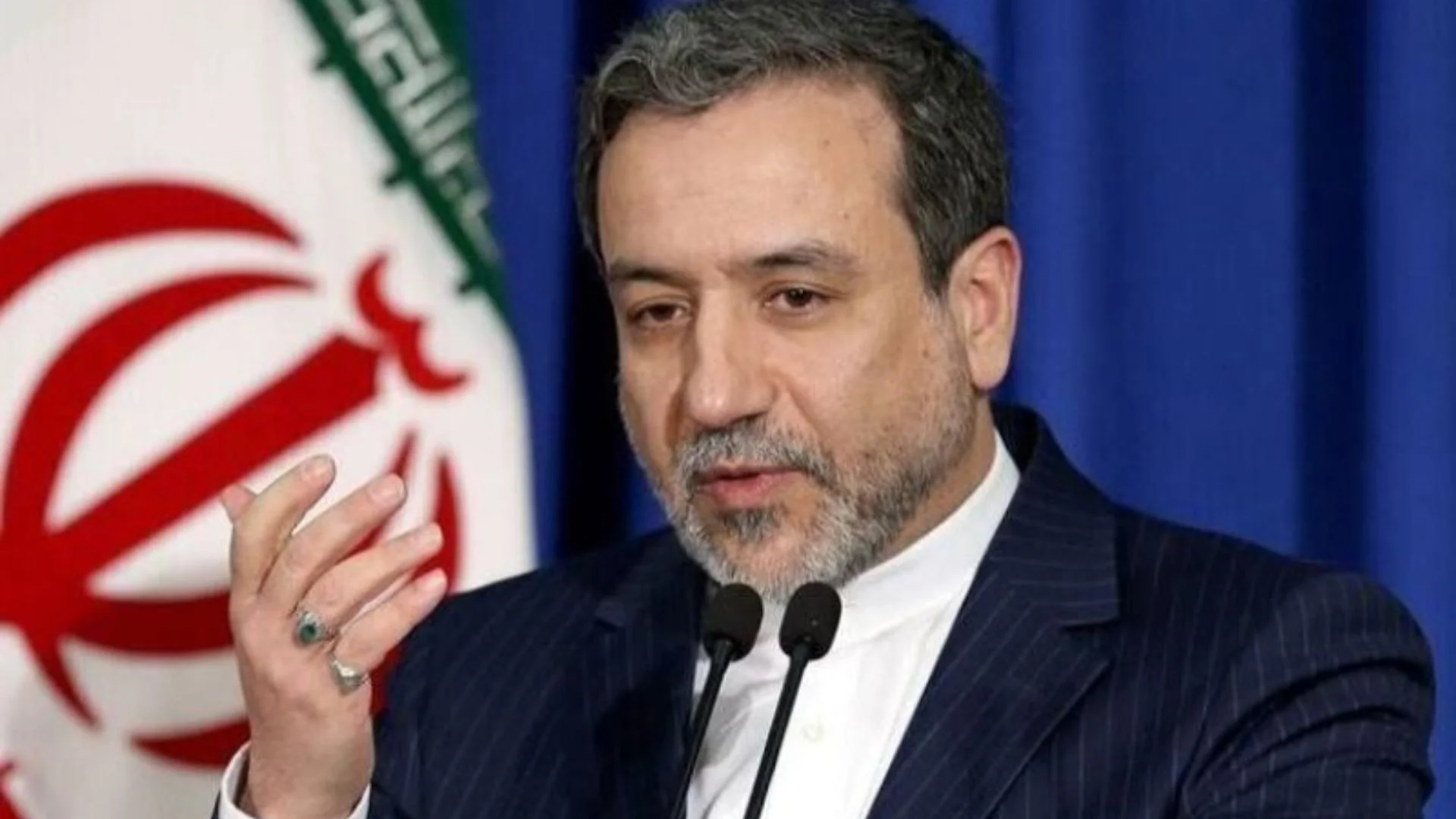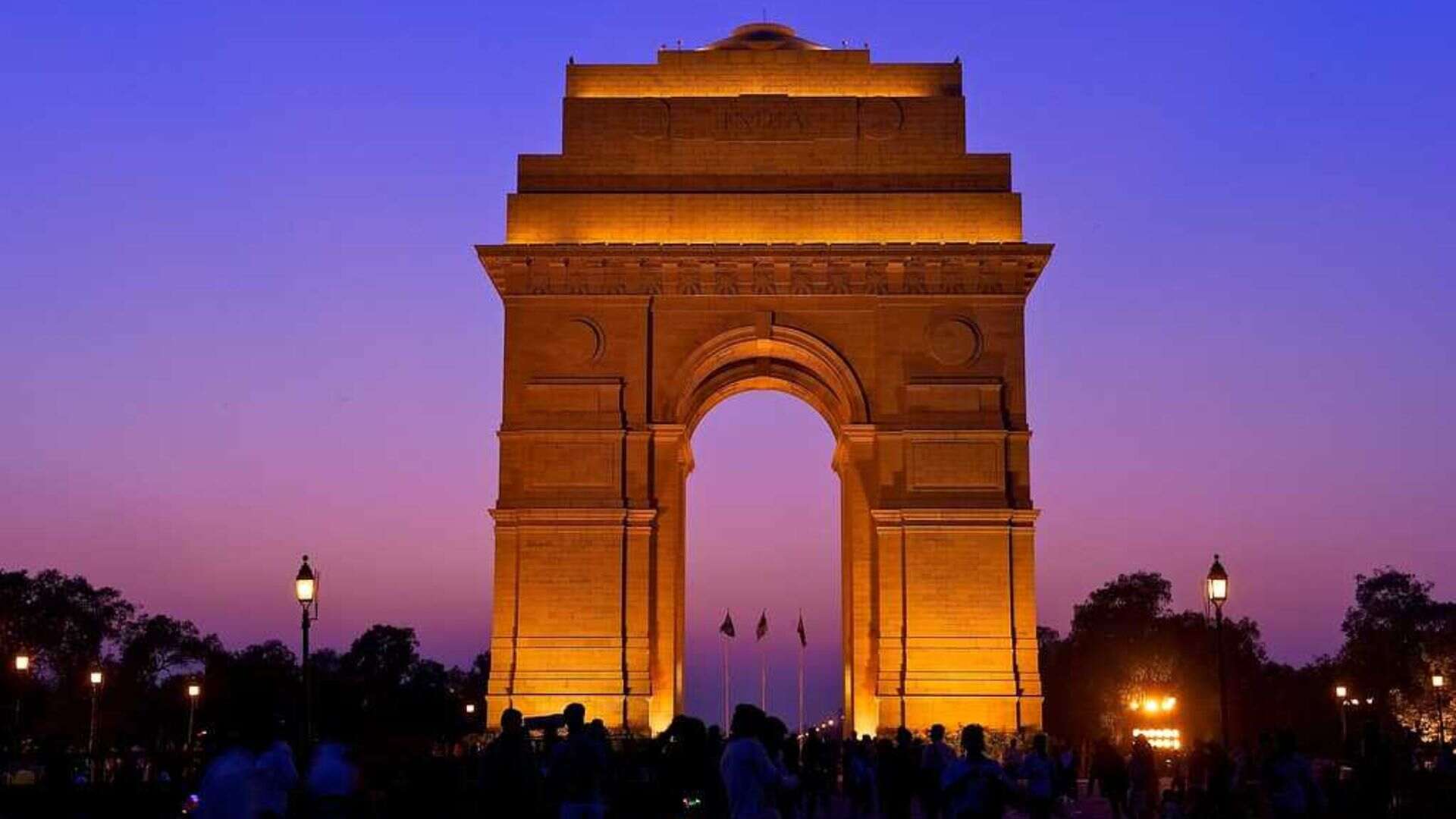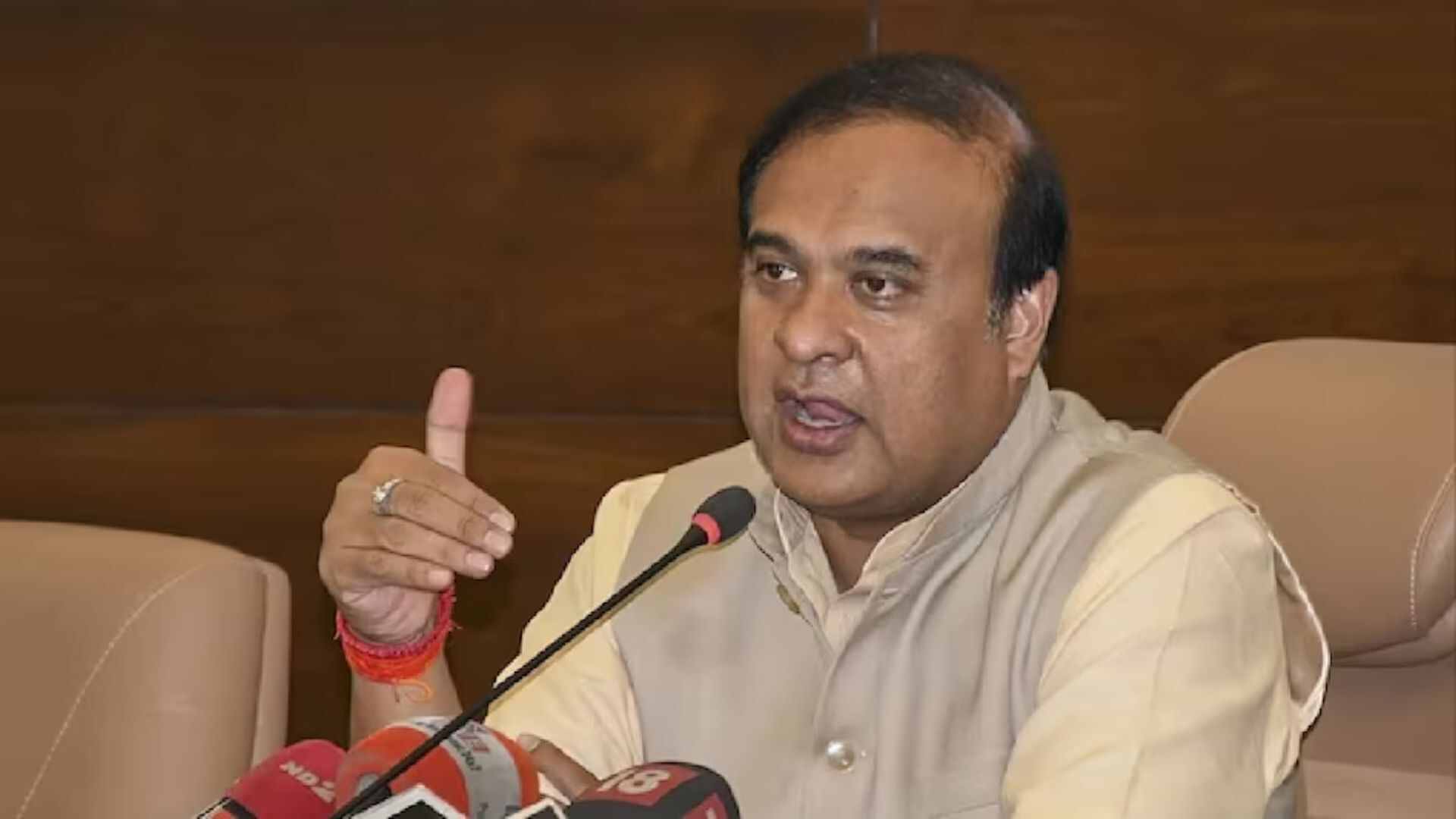Iran’s new government, led by reformist President Masoud Pezeshkian, plans to address strained relations with the United States in an effort to alleviate pressure and counteract severe sanctions. Foreign Minister Abbas Araghchi outlined the strategy in a recent state television interview, emphasizing the need to “manage tensions and hostilities” between Tehran and Washington.
Diplomatic relations between the two nations have been severed since 1980, following the Islamic Revolution that ended the reign of the Shah Mohammed Reza Pahlavi. The 2015 nuclear deal, which provided Iran with sanctions relief in exchange for limiting its nuclear program, collapsed after the US unilaterally withdrew in 2018.
Araghchi, who played a significant role in negotiating the 2015 agreement, stated that Iran‘s foreign policy would focus on minimizing the impact of ongoing hostilities and reducing pressure on its population. He highlighted a shift in priorities towards neighboring countries, Africa, and strategic partners like China and Russia.
The foreign minister also criticized European nations for their perceived hostility toward Iran, suggesting that relations with Europe could improve if they revise their policies. Additionally, Araghchi reaffirmed Iran’s support for the “axis of resistance,” a coalition of Iran-aligned groups opposing Israel.
Pezeshkian’s administration, which recently received parliamentary approval, has been noted for its push toward a more open foreign policy. However, it has faced criticism from some reformists for not including a more diverse representation of women in the cabinet. The president appointed Shina Ansari as vice president for the environment, making her the third woman to hold this position since the 1979 revolution.







